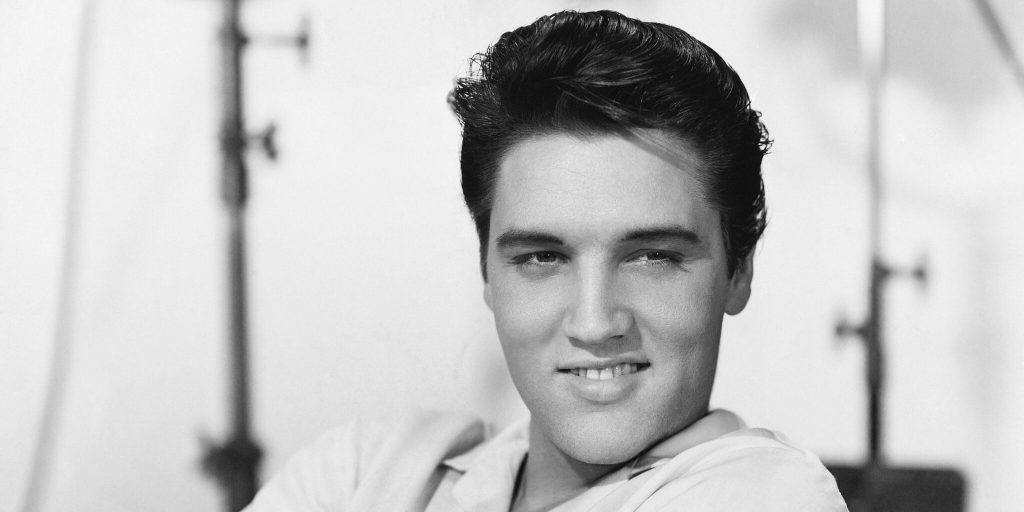You might not even know all of them are covers to begin with!
Others are reading now
You might not even know all of them are covers to begin with!
Imitation Game

Imitation is said to be the highest form of flattery, although that doesn’t quite apply in all aspects of life.
Artistic license

However, in one particular field, there is a rich tradition of borrowing from others or simply using their finished result to create an imitation – either closely resembling the original or transformed into something unique.
Naturally, we’re talking about songs

Over the years, countless more or less successful cover versions have emerged, and some artists have practically built their careers on making versions of already existing songs – with the cover versions gaining more popularity than the original!
Here we give you 7 examples.
Also read
“Blue Suede Shoes” by Elvis Presley
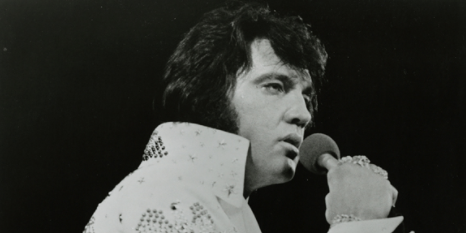
“Well it’s one for the money, two for the show …” And then a lot of us don’t know The King actually sings after the two first lines.
Blue Suede Shoes is an Elvis Presley-classic, but odds are, you don’t know the original.
Originally by Carl Perkins
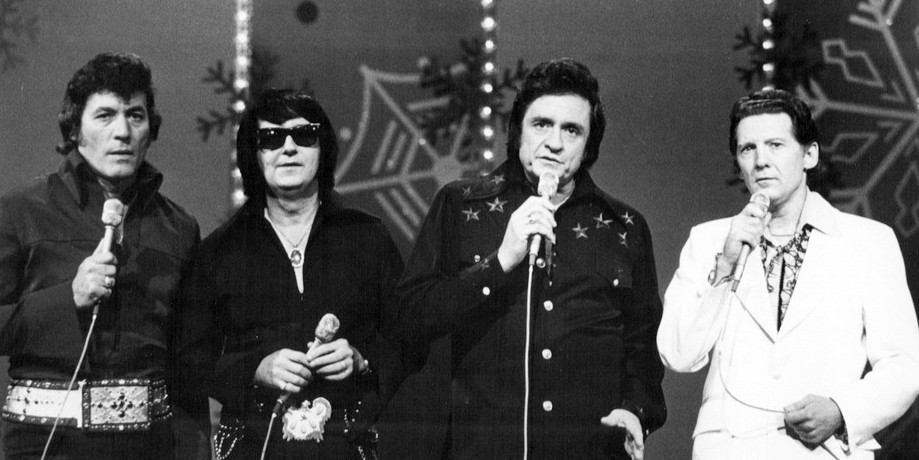
Carl Perkins wrote and recorded “Blue Suede Shoes” in late 1955.
Carl Perkins and Elvis Presley were contemporaries and fellow Sun Records artists, and their relationship included a famous jam session that became known as the “Million Dollar Quartet” in 1956, an impromptu session involving Presley, Perkins, Jerry Lee Lewis, and Johnny Cash.
“Respect” by Aretha Franklin
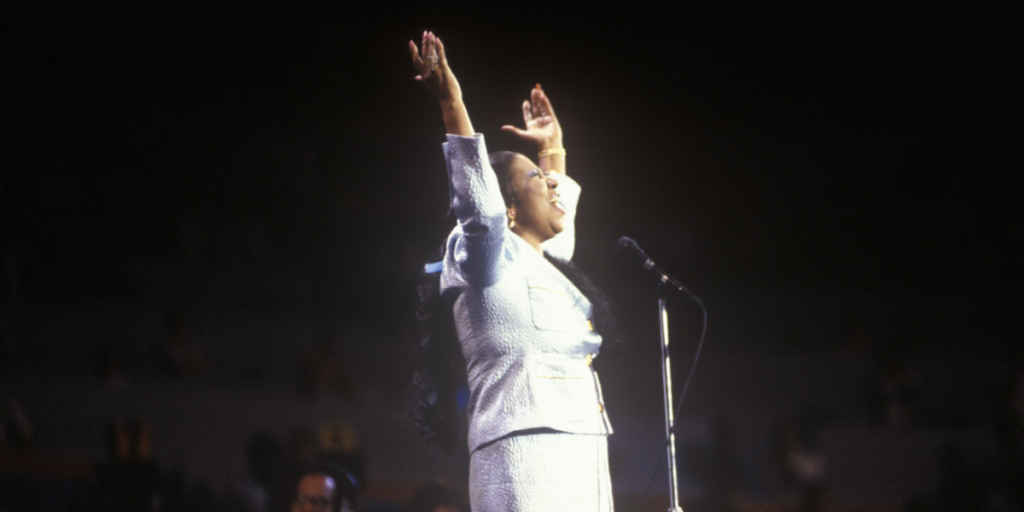
How many parties haven’t seen the energy skyrocket when everyone on the dance floor belts out “R-E-S-P-E-C-T” at the top of their lungs?
Also read
Women’s Rights

Aretha Franklin’s energetic and timeless anthem has become an icon of the women’s rights movement over the decades, but she wasn’t the original creator.
Originally by Otis Redding
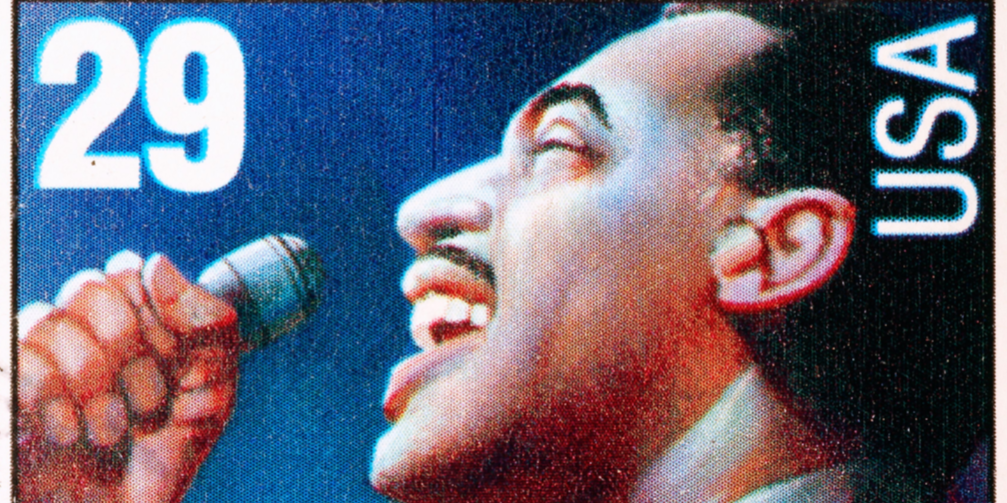
Franklin released her version in 1967, but two years earlier, in 1965, it was originally released by the legendary soul singer Otis Redding.
“I Love Rock ’n’ Roll” – Joan Jett & the Blackhearts

When Joan Jett released the song in 1981, it powerful and punkish attitude spoke to millions around the world.
Originally by The Arrows

It was originally made by The Arrows in 1975 though, but Jett made it a stadium
“In the Army Now” by Status Quo

“In the Army Now” was originally made by a Dutch duo with South African roots named Bolland & Bolland.
Also read
They released it in 1982, but when Status Quo came out with their version in 1986, the song truly became globally known.
“I Will Always Love You” by Whitney Houston

There’s no disputing Houston’s rendition of the power ballad used in the movie “The Bodyguard” when it was released in 1992.
Originally by Dolly Parton
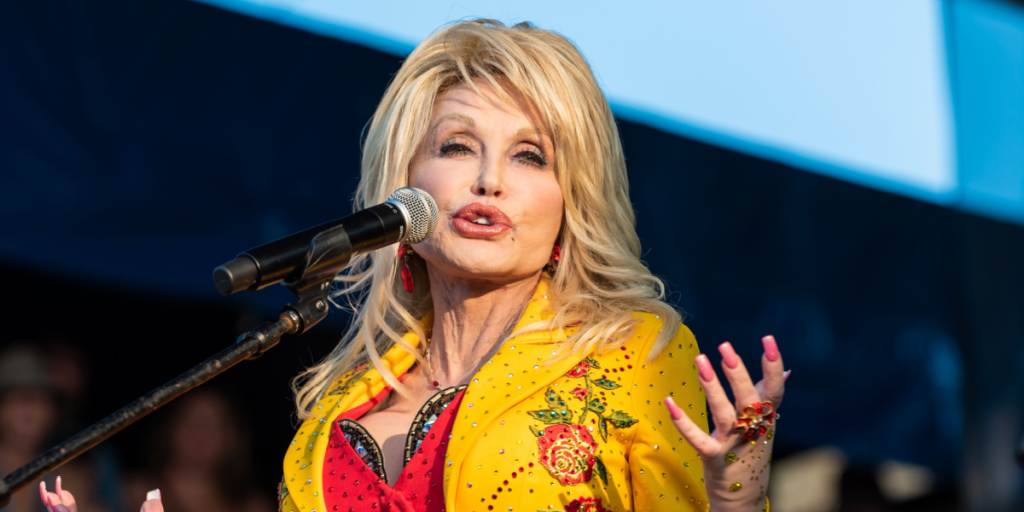
But even then, it was already an older song, originally written by the Queen of Country, Dolly Parton, in 1973 as a farewell to her business partner before pursuing a solo career.
“Girls Just Want to Have Fun” – Cyndi Lauper

Nothing screams girl-power like the 1983 feminist pop anthem by Cindy Lauper, but it was originally made by a man.
Originally by Robert Hazard

Philadelphia rocker Robert Hazard wrote, composed and recorded the song as a demo in 1979, but it was Laupers version that turned it into a mega-hit.
Also read
“Me and Bobby McGee” by Janis Joplin
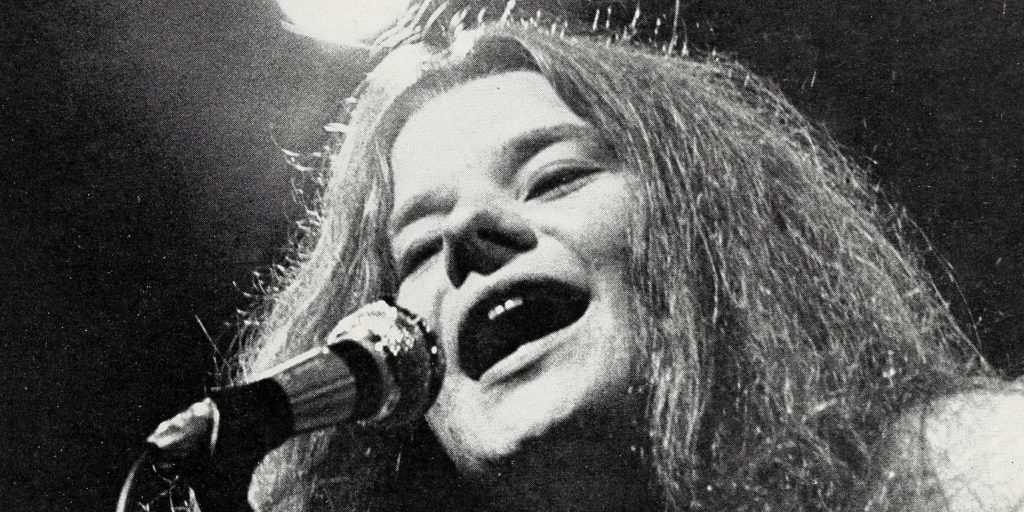
Before joining the infamous Club 27 (a term for musicians who died at the age of 27), Janis Joplin left a strong mark on the 1960s music scene with many of her own compositions – and a significant number of covers, including the now-iconic “Me and Bobby McGee”, which, however, was not her own creation.
Originally by Roger Miller

The song was actually written by Kris Kristofferson and Fred Foster and was first recorded by country singer Roger Miller in 1969.
Released after her passing

After Joplin’s untimely death, her recorded version of “Me and Bobby McGee” was released and reached the top of the U.S. charts about six months later. It became only the second song ever released posthumously to reach the number one spot. The first song to achieve this was “Sittin’ On The Dock of the Bay” by Otis Redding

